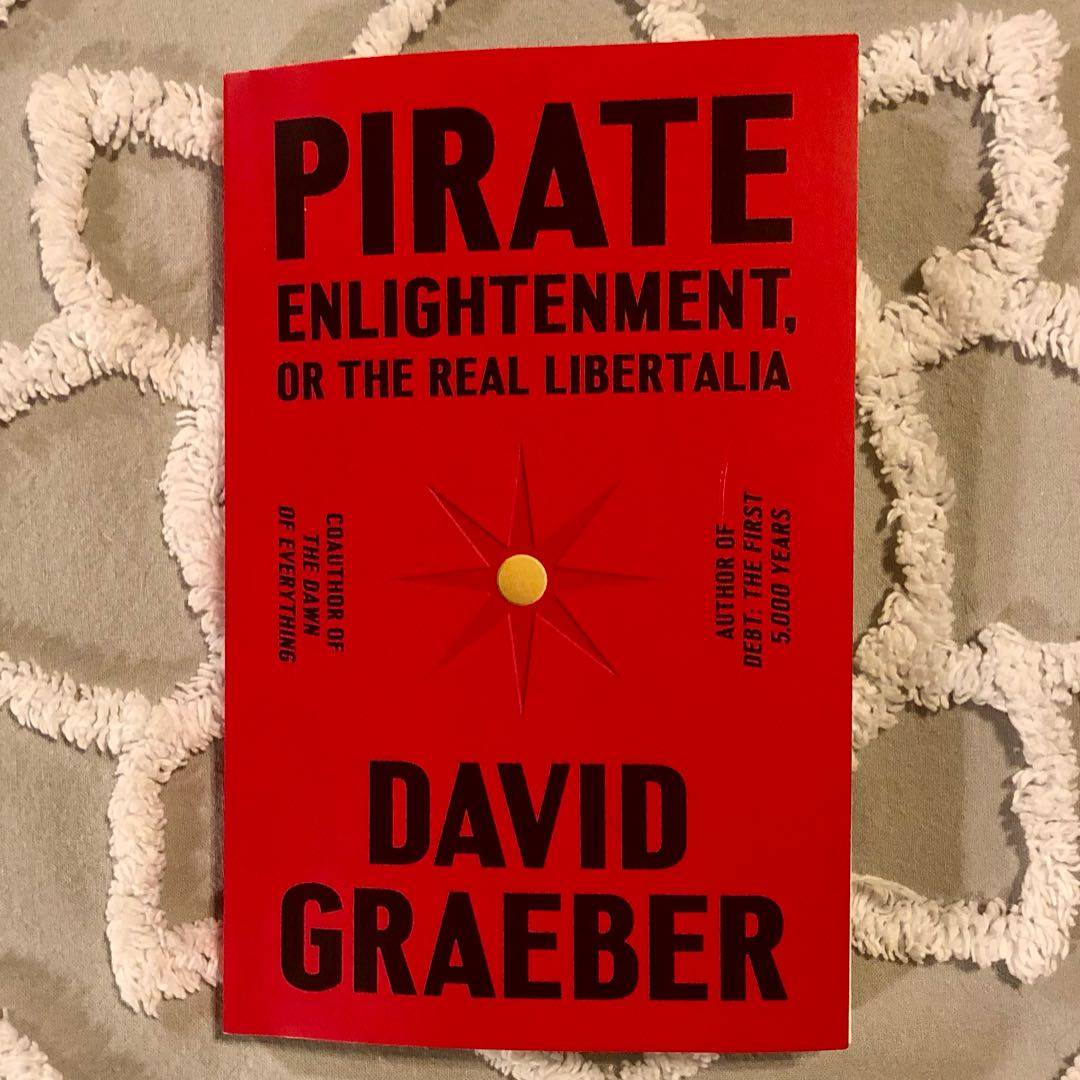It has some interesting material on the society created in a part of Madagascar by European pirates and Malagasy natives. The local population had a lot of mixture of which the pirates were the latest. However, it suffers from a lack of sources and flaws within them. However it reads like an incomplete essay and relies on a great deal of surmise. The author sets out a proposition which he is ultimately unable to sustain.




















